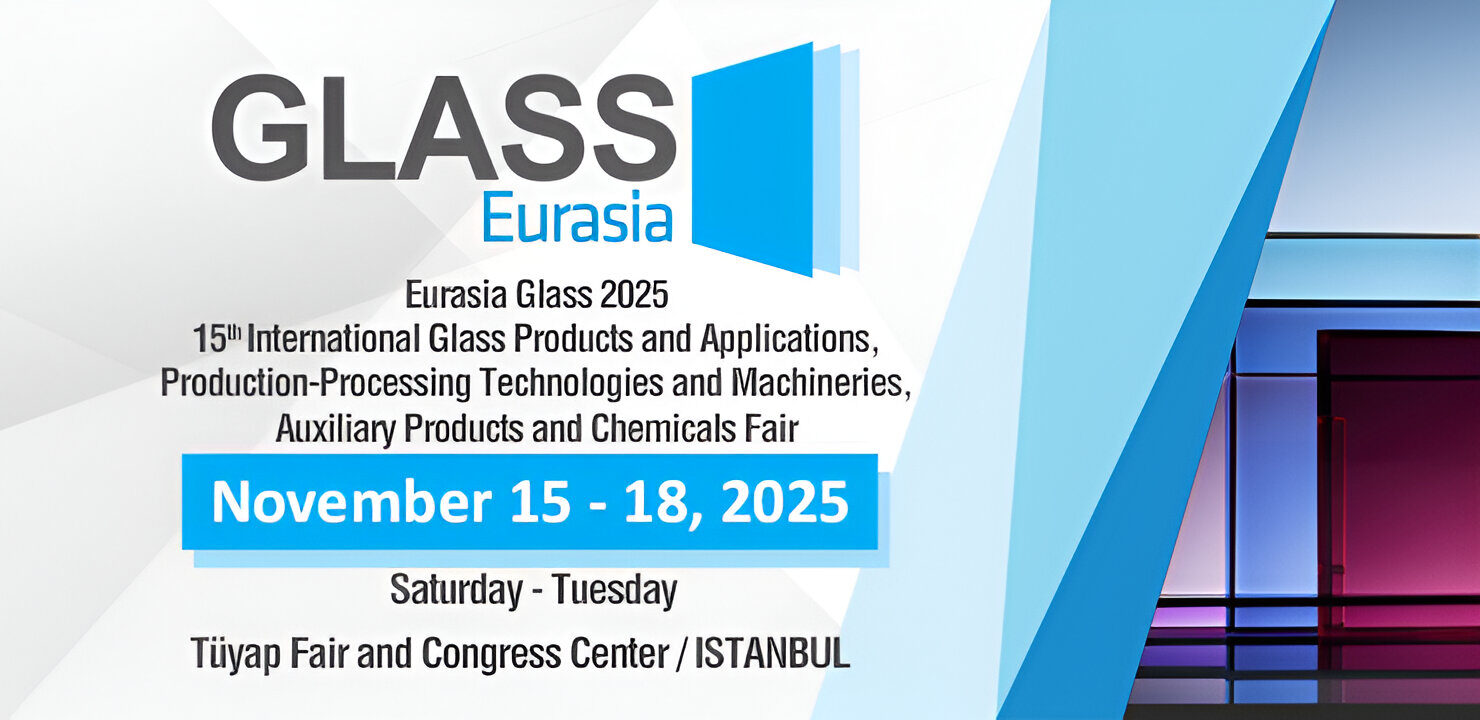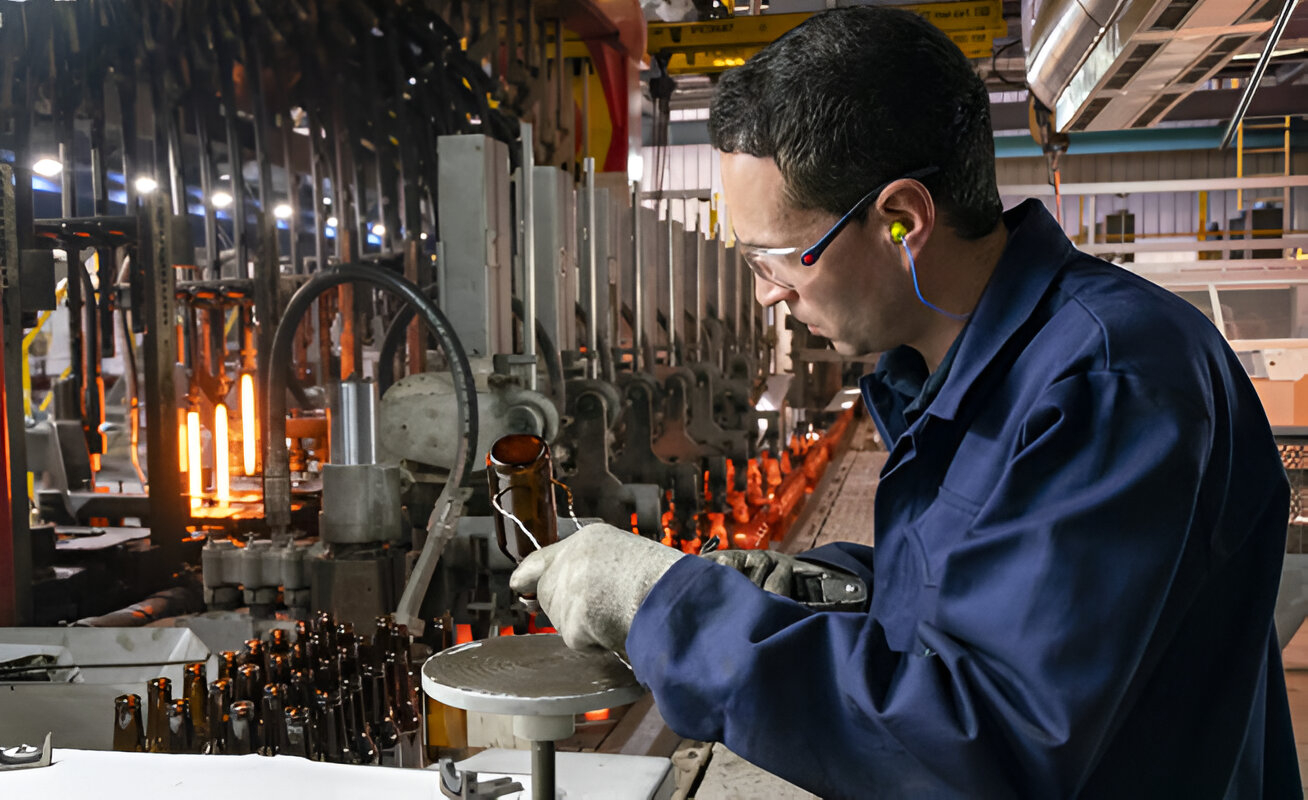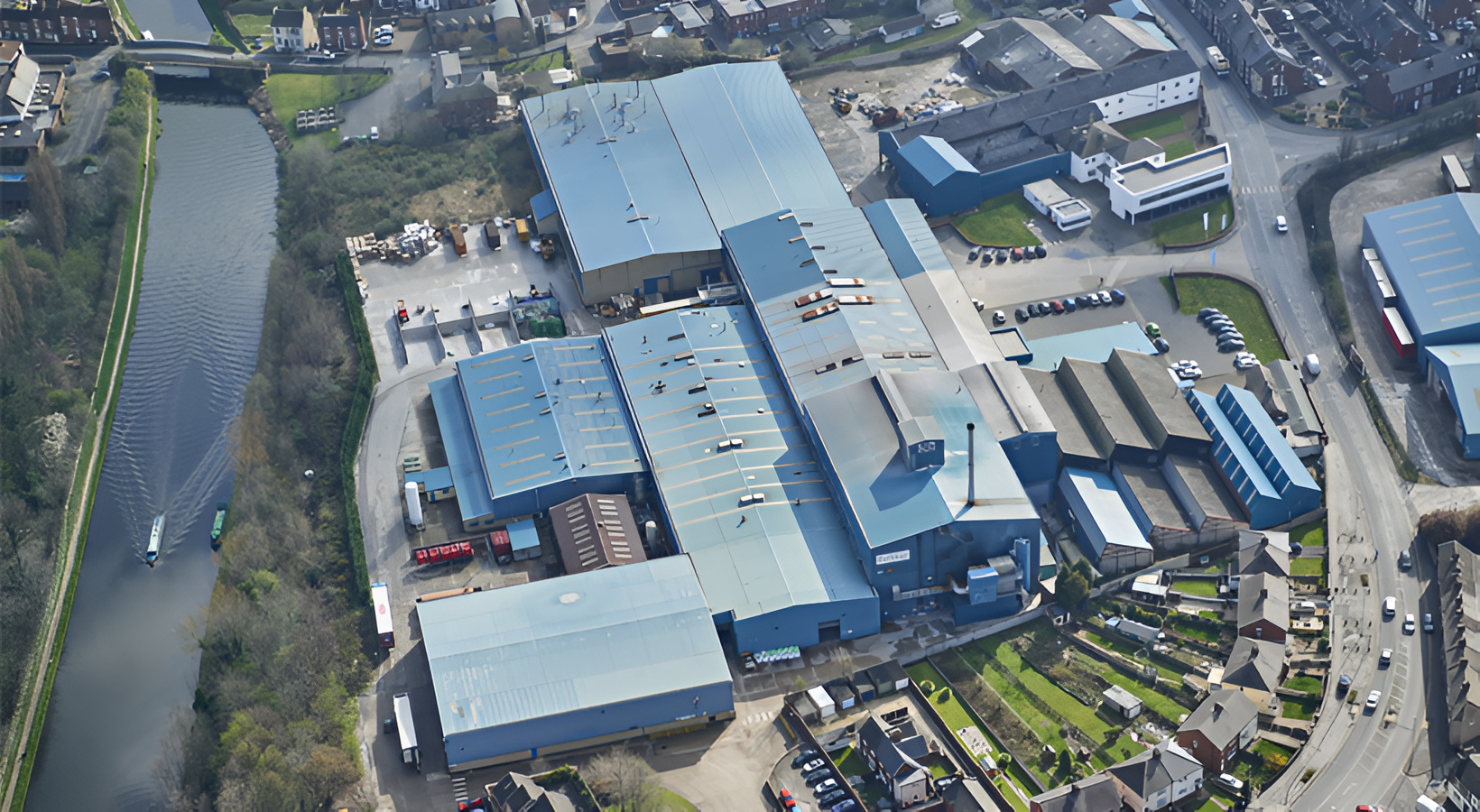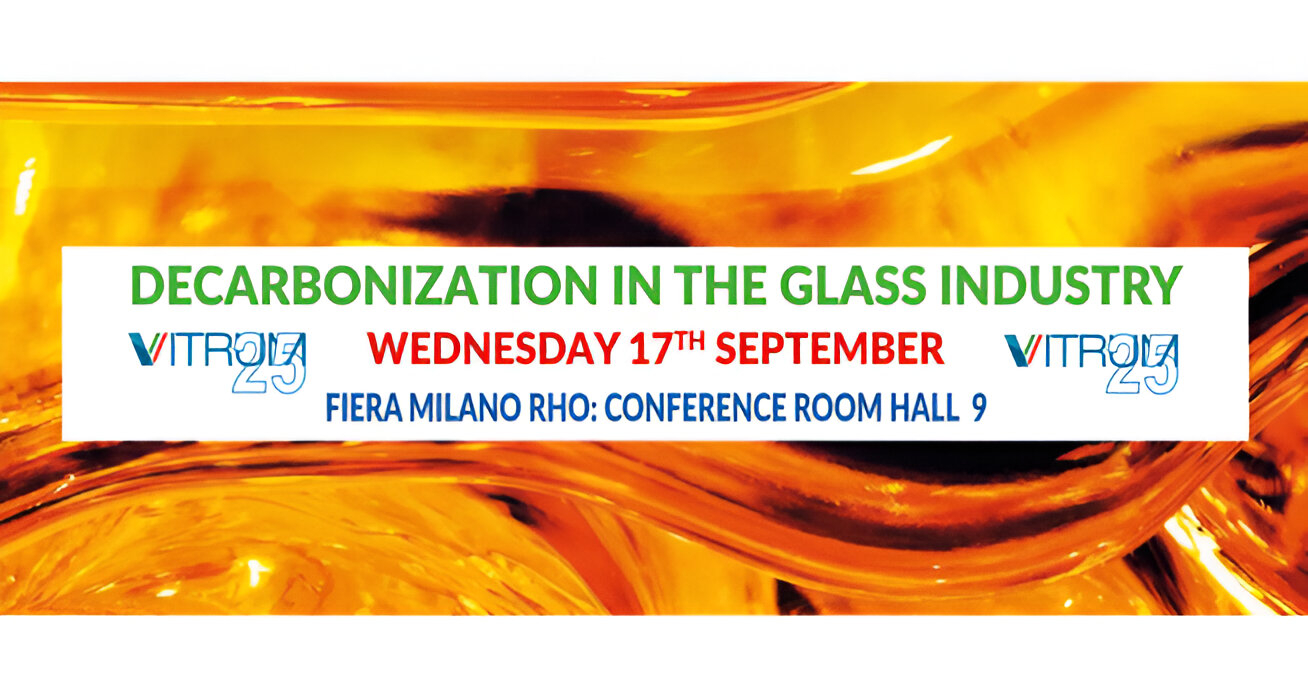With climate change driving record-breaking temperatures across Europe, cities are becoming epicentres of intense heatwaves. The urban heat island effect, caused by dense buildings, concrete surfaces, and limited green spaces, exacerbates this problem, making urban areas significantly hotter than their rural surroundings. As the frequency and severity of heatwaves increase, architects and engineers are turning to cutting-edge materials, especially smart glass technologies, to cool our cities and reduce energy consumption. But can these advanced glazing solutions truly provide a scalable answer to this growing challenge?
The Role of Advanced Glass Technologies
Modern architecture increasingly relies on smart and energy-efficient glass to tackle heat gain and reduce cooling energy demand. Several types of advanced glazing have emerged as key solutions:
- Solar control glass reflects and filters sunlight, limiting heat penetration without sacrificing natural light.
- Low-emissivity (Low-E) glass features ultra-thin coatings that reduce heat transfer while maintaining daylight access.
- Electrochromic (smart) glass automatically adjusts its tint in response to sunlight intensity, balancing glare control and thermal comfort.
- Photovoltaic (PV) glass integrates solar cells within the glass to generate electricity while simultaneously minimizing heat gain.

Composition and Performance
These glasses are made from float glass, composed mainly of silica sand, soda ash, and limestone. Their thermal and optical properties are enhanced through sophisticated coatings involving materials such as silver, metal oxides, and tungsten compounds. This precise engineering enables glass to selectively control solar radiation, ultraviolet rays, and infrared heat.
Industry Leaders Driving Innovation
Leading manufacturers producing such high-performance glass include Saint-Gobain (Cool-Lite®, SageGlass®), Guardian Glass (SunGuard®), AGC Glass Europe (Stopray, Energy), and Pilkington / NSG Group (Suncool®). Other notable players such as Şişecam, Vitro, and View Inc. are also pioneering smart and photovoltaic glazing technologies.
Beyond Energy Savings: A Climate Imperative
Smart glass technologies do more than improve occupant comfort and reduce energy consumption, they contribute to lowering urban heat islands and greenhouse gas emissions. These innovations support sustainable building certifications like LEED and BREEAM, underscoring their importance in climate-resilient urban planning.
As temperatures rise globally, smart glass represents not just an architectural choice but a strategic response to the urgent challenge of urban heat.
Source: Glass Balkan







